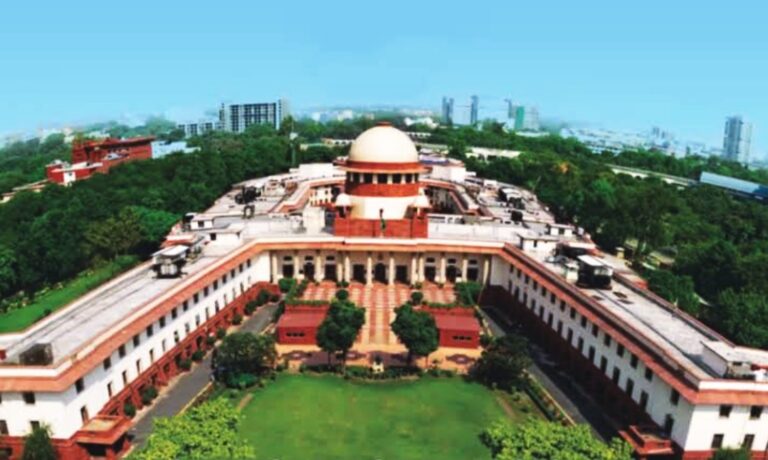SLP was Filed in Supreme Court Against a Recent Verdict of Delhi HC Upholding the Constitutional Validity of Anti-Profiteering Provisions
The Supreme Court has taken a significant step by issuing a notice to the central government concerning the provisions of anti-profiteering under the goods and services tax (GST). This move follows a special leave petition challenging the constitutional validity of these provisions, which was filed against the Delhi High Court’s decision upholding their validity.
In this case, Excel Rasayan Private Ltd, a detergent manufacturer, argues that the High Court failed to recognize the unconstitutional nature of these provisions. The petitioner’s contention is that the time limits associated with anti-profiteering measures cannot be indefinite and lack of a clear methodology could pose substantial challenges for businesses.
 Abhishek Rastogi, representing the petitioner, highlighted its concerns before the Supreme Court bench, regarding the lack of a clear methodology, rendering the provisions arbitrary and vague. The Delhi High Court previously ruled that no fixed formula could be established for determining anti-profiteering measures.
Abhishek Rastogi, representing the petitioner, highlighted its concerns before the Supreme Court bench, regarding the lack of a clear methodology, rendering the provisions arbitrary and vague. The Delhi High Court previously ruled that no fixed formula could be established for determining anti-profiteering measures.
The establishment of the National Anti-Profiteering Authority (NAA) in November 2017 aimed to ensure that companies pass on benefits such as input tax credit (ITC) and GST reductions to consumers through price reductions. However, critics argue that the provisions could lead to increased inflation and commodity prices, as observed in other countries implementing GST.
The Delhi High Court’s decision was met with opposition from over 100 companies, including industry giants like Hindustan Unilever, Patanjali, Jubilant Foodworks, and Phillips. Despite this, the court upheld the provisions, emphasizing their alignment with legislative powers and public interest objectives.
The case reflects ongoing debates surrounding the effectiveness and fairness of anti-profiteering measures in the context of GST implementation. As the matter progresses in the Supreme Court, it is likely to attract further attention from businesses and stakeholders across several sectors.
To Know How Tax Structure in India Depicts a Favouritism towards Corporations CLICK HERE
Also Read
Anti-Corruption Bureau Arrests CA & GST Superintendent for Accepting Bribe of 10.5 Lakh
